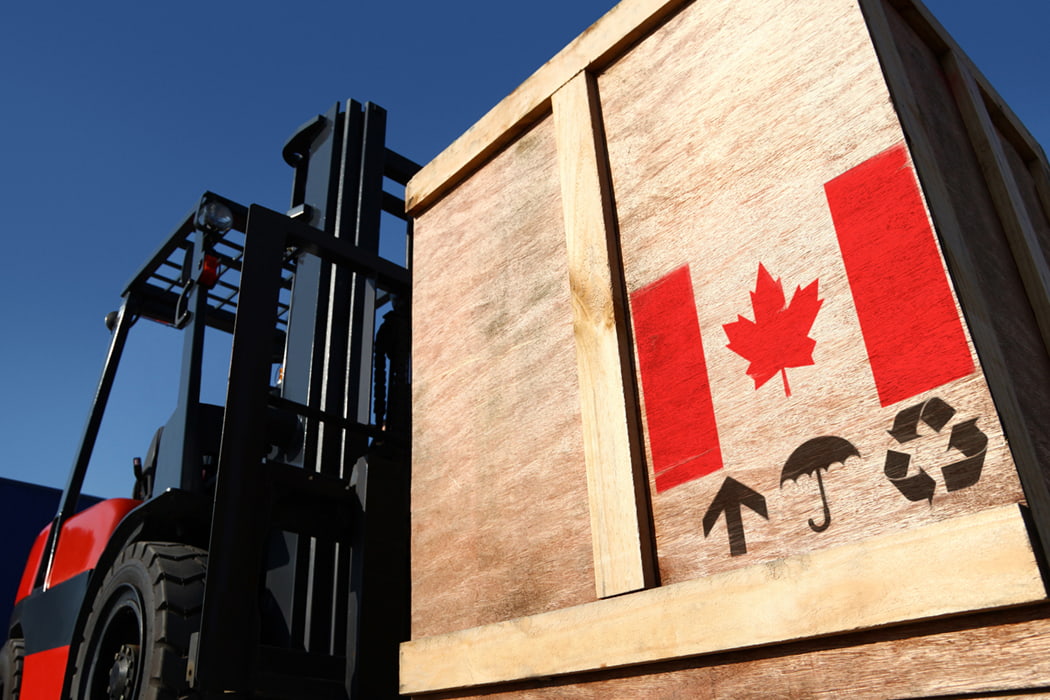
The Canada Border Services Agency (CBSA) is overhauling the way importers interact with the Agency. The CBSA Assessment and Revenue Management initiative (CARM) is scheduled to go fully live on May 13, 2024. Once live, CARM will be the only system of record for the collection of duties and taxes and the accounting of imported goods. All importers into Canada must complete three tasks to be CARM compliant. Have you completed all three?
Step 1: Register your business in the CARM Client Portal
The CARM Client Portal has been available with limited functionality for several years. Importers have been able to register in the portal and grant individual users access since May 2021. However, according to a recent survey by the Canadian Society of Customs Brokers, only 24% of Canadian importers have done so.
It is unclear why the importing community has been so slow to register as there is no cost involved. Not to mention, there are many benefits to portal registration, including access to financial data, filing ruling applications, and more.
Some importers have experienced difficulties registering—often due to importer-specific affinity questions used to confirm the identity of the person attempting to register a business. The CBSA staffs a dedicated CARM help desk and customs service providers can also assist if an importer experiences such difficulties.
However, these resources cannot help everyone at the last minute. Importers are strongly encouraged to act now to avoid last minute problems and delays at the border.
Step 2: Delegate authority
Importers must delegate authority to customs service providers. This allows providers to act on behalf of the importers via the portal. This is beyond the existing General Agency Agreement including Power of Attorney (POA) that allows a customs broker to conduct business with the CBSA on an importer’s behalf.
Step 3: Set up financial security and release prior to payment privileges
A significant change under CARM is the requirement for importers to post their own financial security to enjoy the benefits of the Release Prior to Payment (RPP) program. Importers will no longer be able to rely on their customs broker’s financial security.
Security can be in the form of a cash deposit, a customs bond, or other financial security instrument. If unable to participate in the RPP program, importers will have to pay duties, taxes, and account for their goods at the port prior to obtaining customs release.
The CBSA will grant a 180-day transition period to allow importers that have registered in the portal prior to May 2024 to obtain and post financial security. Importers that are not registered before the go-live date will have to post security immediately to participate in the RPP program.
The Canadian Society of Customs Brokers estimates only 5% of importers have posted financial security to date. Importers are well advised to register on the portal now to ensure they can benefit from the 180-day transition period.
Get more help with CARM
Get more information on what to expect under CARM, its benefits, and video tutorials on the C.H. Robinson CARM web page and the CBSA website.
Stay informed
Developments in customs and trade continue to evolve—stay informed to be prepared:
- Connect with our trade policy experts
- View our Trade & Tariff Insights
- Subscribe to our Client Advisories



